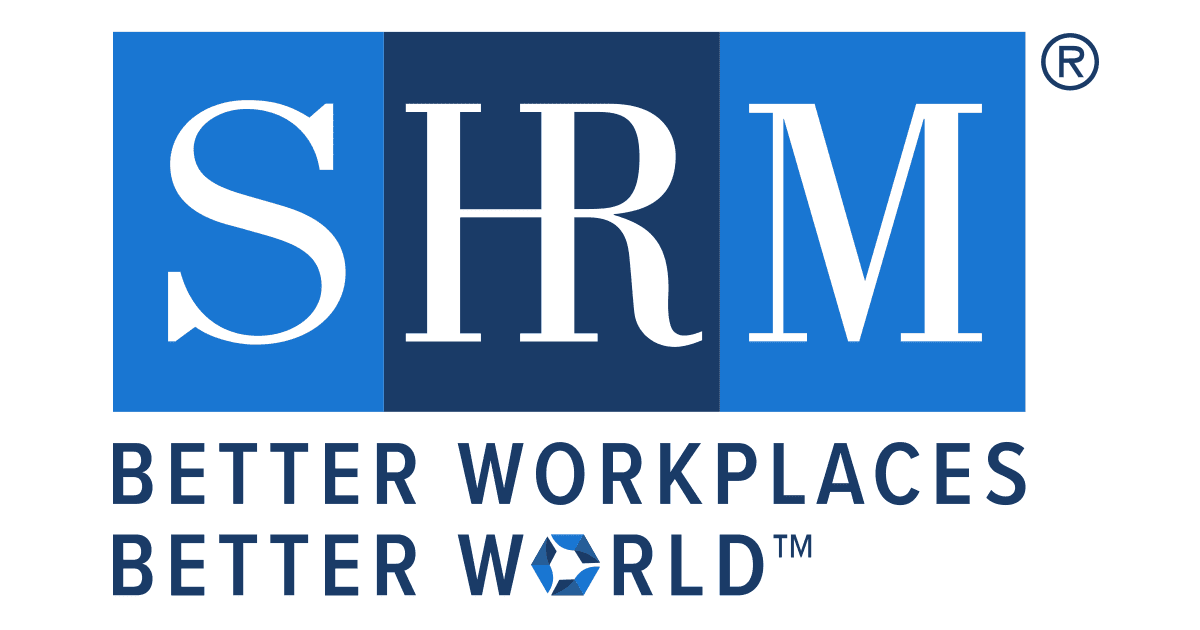Because everyone follows the same resume “rules,” many resumes start to look and sound the same. Do you make sure to include keywords in your CV so that scanning software will approve it? Are you listing your task responsibilities, achievements, and results with your work experience? Do you put in phrases that specifically relate to the required job skills from the original posting? All of these tactics are now well-known and don’t guarantee you’ll stand out from the crowd. If you want to craft a memorable, five-star resume, you’ll need a little help.
At Whitman Associates, Inc., our team has spent years sifting and sorting through applications, so we know what building a job resume is all about. If you need tips for writing a good resume, turn to our experts for additional assistance.
1. Treat Yourself as a Brand
What is it about certain brands that give them value? How do you shop for the brands you want? HR, recruiters, and employment managers shop around for people to hire in a similar way. They want to find the person that’s the best fit for their needs. Instead of focusing on your career goals for the future, showcase what you can do for this company right now. When building your job resume, tailor it to the needs of the position you are applying for.
2. Keep Your Search Precise
In order to be efficient in your job search, read job postings carefully regarding skills and experience required. If you are missing some of the skills that are required, be sure to highlight the experience or skills that most closely line up with the job specifications instead of not sending your resume at all. Your career prospects lie in those job postings where you can show the areas that make you a good fit for the role. Extend this rule to building your resume; if you’re missing skills that are listed as requirements, highlight the next best related skill that you do feel proficient in.
3. Read Directions Carefully
Employers may weed out applicants by including specific directions in the application process. If you demonstrate an inability to follow these instructions properly, it could hurt your chances of being considered for the position. Is there a particular format they want for your cover letter? Are your introductory emails supposed to have a specific subject line? Be aware that the employer may be giving you specific directions on how to apply for the job in order to determine if you follow instructions and pay attention to detail. This could be used as yet another way of screening candidates for the position. The outcome of this hidden test may determine if you are moved on to the next step.
4. Follow a Standardized Format
When building a resume, adhere to an intuitive format that makes it easy for the reader to follow. There are many templates you can choose to use if you wish, but most will be variations on a few basic points:
- Include your name and contact information in the header section
- List your work experience in chronological order
- Use bulleted lists to keep your information organized and easy to digest
Proper formatting is one of the most important tips for writing a good resume because it makes it easy for employers to quickly gather relevant information about you and your qualifications.
5. There’s No One-Size-Fits-All Approach
You must personalize every cover letter and resume for the company and position. There’s no point in sending out the same information to every single place and hoping one of them will get you a callback. A resume that matches the company’s job description and qualifications will help you get an interview. Even if the position and requirements are the same, you will want to tailor the resume for that specific job and company culture.
Now that you know all about building a resume, take a look at yours and explore the changes you can make to enhance it.
.header-image{display:none;}










 Santana graduated from Kent State University with a Bachelor of Business Administration. While at Kent State, she was a Student Manager at Starbucks, her favorite coffee shop. She was also a board member for KSU’s Focus on the Future for two years.
Santana graduated from Kent State University with a Bachelor of Business Administration. While at Kent State, she was a Student Manager at Starbucks, her favorite coffee shop. She was also a board member for KSU’s Focus on the Future for two years.









